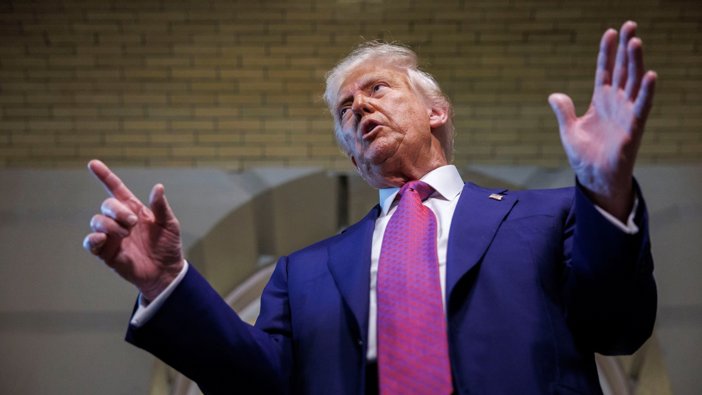
Parties Clash Over Trump’s Domestic Policy Bill Ahead of 2026
Trump’s sweeping tax and spending bill triggers fierce midterm campaign battle as both parties rally their bases.
Midterm Stakes Escalate as Domestic Policy Bill Passes
President Donald Trump’s landmark domestic policy package, dubbed the “One Big Beautiful Bill,” has set off an intense political contest between Republicans and Democrats ahead of the 2026 midterm elections. The legislation, which includes historic tax cuts and major spending provisions, cleared Congress this week after razor-thin, party-line votes. Trump is scheduled to sign the bill at a White House ceremony, closing the legislative fight and opening a new front on the campaign trail.
The GOP-controlled House passed the $3.4 trillion measure by a 218-214 margin, following a 51-50 vote in the Senate that required Vice President JD Vance’s tie-breaking support. With all 435 House seats up for grabs in 2026 and Republicans defending a narrow majority, both parties are framing the bill as a defining issue for voters.
Republican and Democratic Messaging Intensifies
Republican leaders wasted no time in attacking Democrats for their unanimous opposition. “Not one Democrat voted for us, and I think we use it in the campaign that’s coming up the midterms, because we’ve got to beat them,” Trump said at a July 4th-eve rally in Iowa. The National Republican Congressional Committee (NRCC) echoed this message, vowing to make the vote the “defining issue of 2026.”
The bill delivers on a host of Trump’s second-term promises: it makes his 2017 tax cuts permanent, eliminates taxes on tips and overtime pay, and provides billions for border security while codifying strict immigration policies. It also restructures Medicaid and food stamp programs, imposing new work requirements as a tradeoff for the tax breaks.
But the bill’s deep cuts to the social safety net and its projected $4 trillion addition to the national debt have become rallying points for Democrats. House Democratic Leader Hakeem Jeffries charged, “Extreme House Republicans just approved the largest cut to Medicaid and food assistance in American history to fund tax breaks for their billionaire donors.” The Democratic Congressional Campaign Committee (DCCC) pledged to remind every battleground voter of the GOP’s “unpopular piece of legislation.”
Public opinion appears divided. While Republican-aligned groups tout strong support for the bill’s tax relief provisions, a series of national polls show most Americans view the measure unfavorably. A Fox News survey found that 59% of voters opposed the bill, while only 38% supported it. Other polls from the Washington Post, Pew Research, and Quinnipiac University confirmed the trend, highlighting the sharp partisan split: nearly three-quarters of Republicans favor the bill, compared to overwhelming opposition among Democrats and independents.
Democrats plan to launch aggressive advertising campaigns targeting Republicans for what they call “abandoning” working families, while Republicans highlight the benefits of tax cuts and accuse Democrats of defending the status quo. Both parties are expected to intensify messaging as the August congressional break approaches and the 2026 campaign season heats up.
As the bill becomes law, it sets the stage for a defining political showdown. The debate over tax policy, government spending, and social safety net reforms will shape not just the outcome of the midterms, but the direction of U.S. domestic policy in the years to come.






